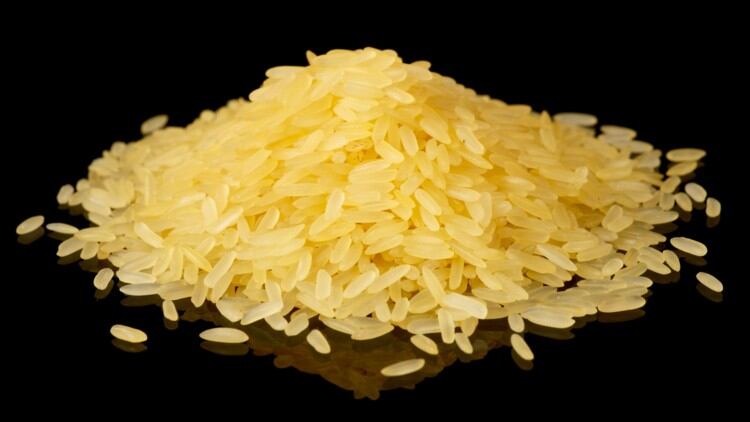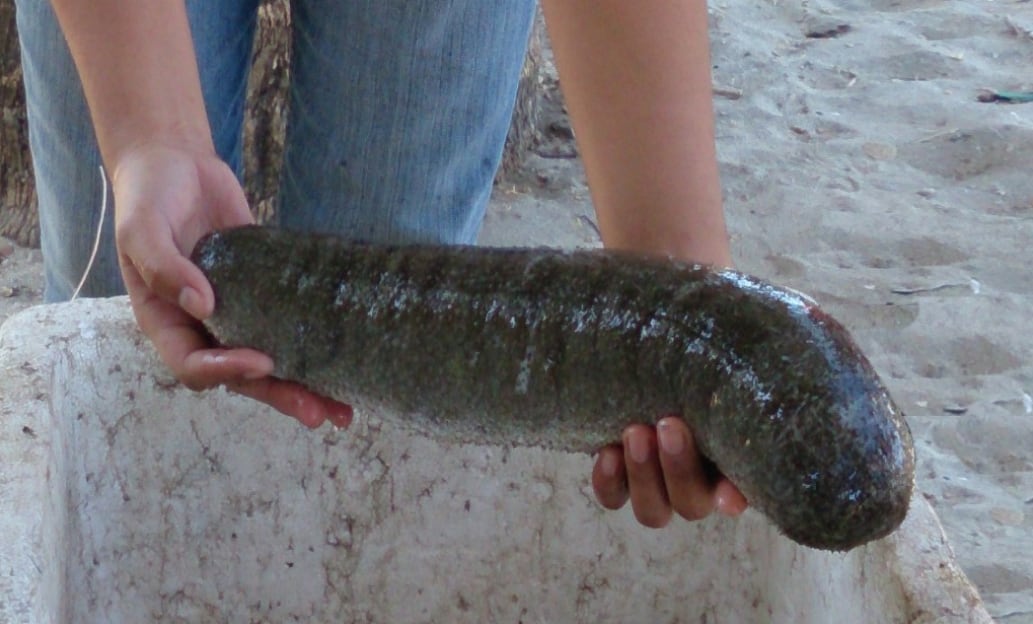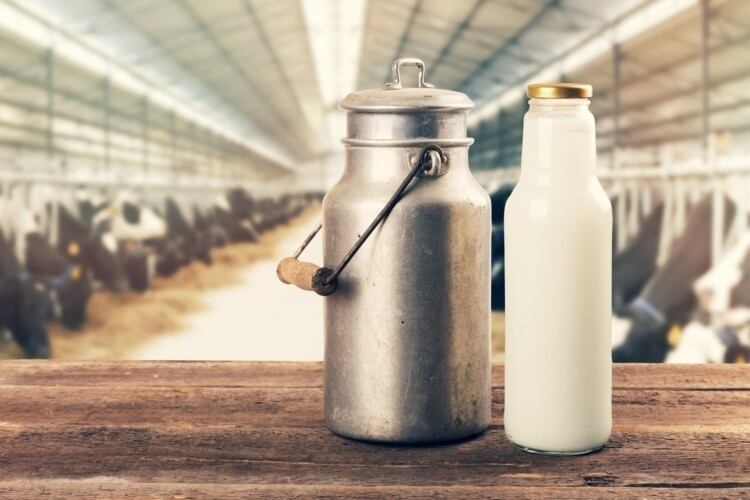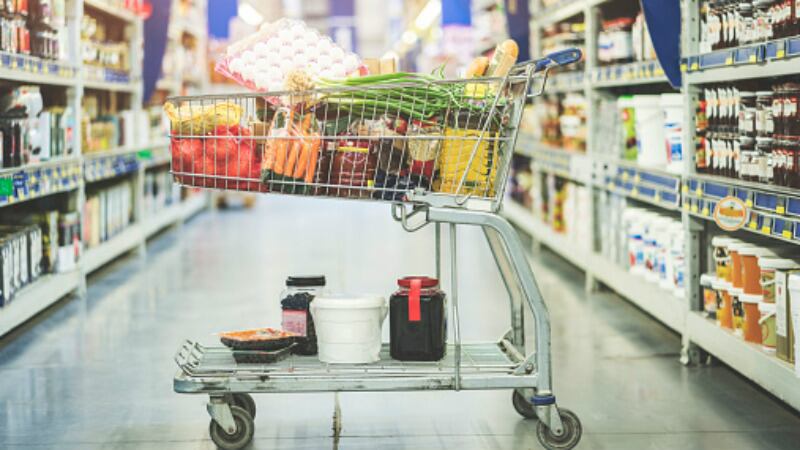Golden Rice is rice which has been genetically-modified to include genes that increase beta-carotene content, a pigment that converts into Vitamin A in the body, and is hoped to help reduce Vitamin A deficiency.
This deployment process will be led by the government-run Department of Agriculture-Philippine Rice Research Institute (DA-PhilRice), and is still in the initial stages of multiplying and bulking up seed supply.
“Golden Rice will not be available to all interested parties right away – we need to undergo a pilot scale deployment process for this first, and have put in place a stewardship protocol that will be very strict at first to ensure the purity and integrity of the rice seeds,” DA-PhilRice Healthier Rice Project Lead Dr. Reynante L. Ordonio told FoodNavigator-Asia.
“The aim of this project is to gather the experience we need on deployment and will proceed up to 2023 – by then, we will also have more seeds on hand and will be able to distribute this to farmers to plant on their own.
“The project will first be focused on seven target provinces that are known to have high malnutrition rate – two in Luzon, three in Visayas, and two in Mindanao – and by 2023 there will definitely be milled rice available for consumption in these sites, then beyond that we will also move this rice to be available for the wider Philippines market and consumers.”
When asked whether consumers can expect higher prices for Golden Rice as compared to regular rice variants, Dr Ordonio said that this was unlikely.
“Golden Rice is an inbred rice variety, where seeds can be harvested from the plant and used for succeeding planting season after season, so it will be like other conventional rice plants. Plus, the inputs used such as any pesticides or fertilisers will also be the same as what farmers are currently using – so from a cost point of view, I think its prices in the market will be very competitive once released,” he said.
“By 2023 when the pilot deployment has ended, there will also be more seeds in hand so it is available for more people. Right now we are still identifying the right market base and commercial approaches to best reach our target communities, whether this be a market-driven approach or a more programme-based approach piggybacking on other government initiatives.”
The Philippines is the first country in the world to give the final biosafety approval to Golden Rice, which has already obtained the food safety nod from other regulatory agencies such as Food Standards Australia New Zealand, Health Canada, and the United States Food and Drug Administration, all in 2018.
At present, only 20% of Filipino households meet the estimated average requirement (EAR) for vitamin A intake in their daily diet – children aged six months to five years are the group most at risk of vitamin A insufficiency in the country.
Studies have shown that one cup of cooked Golden Rice contains enough beta-carotene to meet up to 30-50% of the estimated average requirement of vitamin A for this high-risk group.
Potential challenges
Golden Rice has long been the target of farmer-led groups and anti-GM groups protesting this for issues from food safety to ‘rice imperialism’ by big food corporations. Protests have been longstanding and widespread, and it is unlikely these groups will be standing back silently following this approval, though no actions have been announced as of yet.
“We are aware that the challenges are not over, and we acknowledge the opposition, but what we are trying to do here is to give the public better access to nutrition and help prevent Vitamin A deficiency in the country,” said Dr Ordonio.
“What we are most worried about is the possibility of a legal challenge from these NGOs – it is not something we can control, but we are confident that we have gone through all the steps in the Philippines’ strict regulatory process and have been very transparent, [and the decision was based on] science-based evidence.
“We are planning strategic communications to the public about the benefits of Golden Rice and working with our key stakeholders to disseminate this.
Where and what’s next
Dr Ordonio is also very confident that Bangladesh will be the next country following the Philippines to plant Golden Rice commercially.
“Bangladesh is in the final regulatory stages for this right now, and I definitely think it will be the next country to do this,” he said.
“We also hope that this success here in the Philippines will help to influence the regulatory process and strengthen regulators’ confidence over there to push through with the process.”
In addition to the pilot deployment, independent nutrition studies will also be done to assess the nutritional impacts on Golden Rice on the population and ensure these are met, as well as involve the public in doing sensory evaluation studies.





